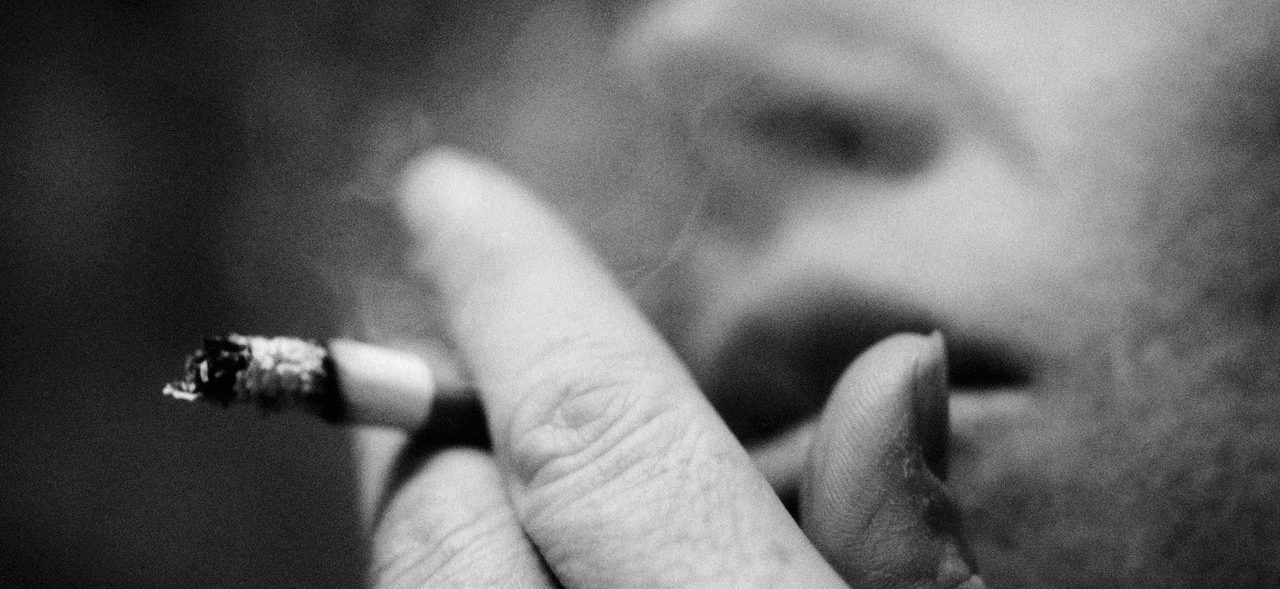What Causes Cancer?

There is no one answer to what causes cancer. You may have been born with a vulnerability that is then triggered by experiences like smoking or exposure to air pollution.
What causes cancer?
Cancer begins when genes in a cell become abnormal and those changes, called mutations, make the cell grow abnormally. Those cells then infiltrate and kill healthy body tissue, often spreading throughout your body.
There is no one answer to what causes cancer. Genetic vulnerability and life experience usually combine to create the disease. As a group, cancer includes more than 100 different diseases, and each type has its own risk factors.
Most people diagnosed with cancer are 65 or older. That’s because most gene mutations occur after you're born, and the chances go up over your lifetime. Your choices increase your chance of cancer, typically bad habits that last many years. If you smoke cigarettes, you are more likely to develop lung cancer. Too much unprotected exposure to the sun can trigger skin cancer. Drinking too much, viruses, cancer-causing chemicals (carcinogens), obesity, medications, chronic inflammation, and a lack of exercise can all increase your chance of cancer.
Cancer is common, with millions of new cases diagnosed each year. According to the American Cancer Society, almost a third of all Americans will develop cancer at some point. It is the second-leading cause of death in the world.
YOU MIGHT ALSO LIKE: Cancer Screening Guidelines
What are carcinogens?
Chemicals labeled carcinogens increase your chance of cancer, either by directly affecting a cell’s genes or by triggering cells to divide more quickly, which in turn can lead to changes in genes.
When you read that you’ve been exposed to a carcinogen, remember that your risk of developing cancer actually depends on how much exposure you have and your genes. Several national and international agencies, including the International Agency for Research on Cancer, the Environmental Protection Agency and the National Toxicology Program, determine the cancer-causing potential of different substances.
What is a cancer cluster?
Sometimes a high number of cases of a rare type of cancer occur in one area, which might indicate what scientists call a cancer cluster. For example, studying clusters of malignant mesothelioma led scientists to see its link to asbestos. If a type of cancer occurs in a population where it is not expected, scientists also might suspect a cluster.
What do cancer patients experience?
Depending on the type of cancer, you may run into any of these symptoms.
Cancer is often painful, but the pain generally can be treated. You may be tired during the day, especially after chemotherapy or radiation treatments. Some cancers make you feel short of breath. Cancer or treatment can cause nausea, diarrhea, or constipation. Some people lose too much weight, which can be difficult to treat. You might lose functions in certain parts of your body if the growth presses on nerves.
Cancer tends to spread, or metastasize, from one part of the body to another. It also can return even after a patient has been treated successfully.
Updated:
March 30, 2020
Reviewed By:
Janet O’Dell, RN